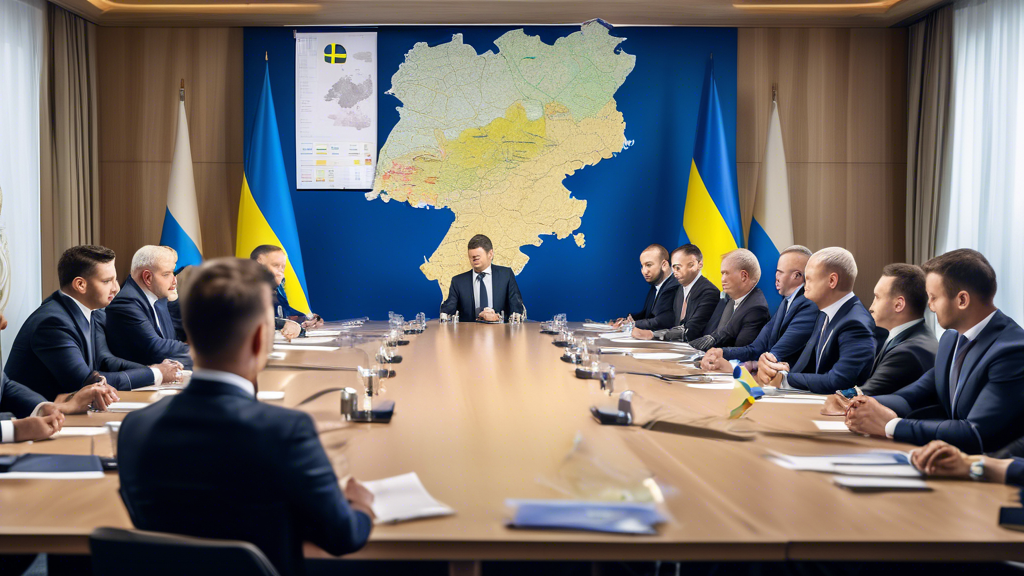
Volodymyr Zelenskyy’s ‘Success Strategy’ Presents a Significant Challenge for the West: Ukraine’s NATO Membership
Ukrainian President Volodymyr Zelenskyy is poised to present his comprehensive victory plan to the Ukrainian parliament on October 16, a crucial moment following his diplomatic engagements in Washington and various European capitals. This initiative aims to solidify international support and establish a path towards a fair and sustainable peace in the ongoing conflict with Russia.
Components of the Victory Plan
The plan encompasses five strategic steps designed to compel Russia to halt its aggression while facilitating Ukraine’s aspirations for NATO membership:
- Military Strategies: Zelenskyy calls for an increased supply of advanced missiles, specifically the ATACMS and Storm Shadow types. He seeks permission for Ukraine to target Russian military installations, a request that has met with hesitation from Western nations.
- Diplomatic Efforts: The framework includes escalating sanctions against Russia and enhancing diplomatic pressure. A pivotal aspect of the plan is an invitation for Ukraine to join NATO, signaling a firm commitment to Ukraine’s security aspirations.
- Economic Aid: The plan anticipates substantial Western economic assistance alongside security guarantees to bolster Ukraine’s defense capabilities.
- Post-War Rebuilding: Attention is also directed towards the reconstruction of Ukraine post-conflict, emphasizing the need for broad-based support for recovery efforts.
However, during the upcoming parliamentary session, only portions of the plan will be disclosed to the public. More intricate details will be reserved for discussions with leaders of parliamentary groups, ensuring that sensitive elements are not broadly shared.
International Support and Reactions
Zelenskyy has been actively engaging European leaders in the UK, France, Germany, and Italy, seeking to rally support for this strategic plan. Nevertheless, responses from Western partners have been mixed, with critics expressing concerns that the approach heavily leans on the assumption of additional arms supplies, and lacks innovative solutions to the crisis.
Urgency in Context
The urgency of Zelenskyy’s strategy is underscored by the impending U.S. presidential election, only three weeks away. The election’s outcome could reshape America’s support for Ukraine, particularly if a shift in administration occurs. Zelenskyy has underscored the necessity for decisive action from Western allies to strengthen Ukraine’s position against further Russian advances and prevent any signals of weakness that may embolden President Vladimir Putin.
Challenges and Concerns
Considerations surrounding the future of U.S. support loom large, particularly if former President Donald Trump were to regain office. Analysts warn that diminished backing from Washington might force Ukraine into untenable compromises, worsening an already precarious situation. With Russian forces occupying around 20% of Ukrainian territory and the winter months approaching—with potential assaults on critical energy infrastructure—the stakes have never been higher.
As President Zelenskyy prepares to unveil his success strategy, the impact of his proposals will be closely scrutinized, both in Ukraine and across the West. The balance of power hangs in the balance, and the responses from international allies will be crucial in shaping the future stability of Ukraine.
